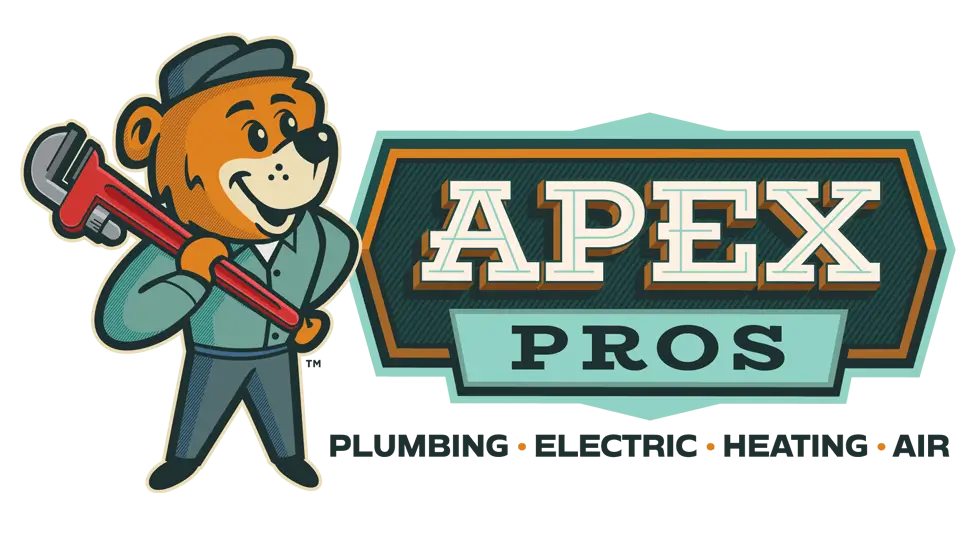
Radiant heating is extremely effective and one of the most energy-efficient ways of keeping your home warm. The only issue is that boilers and radiant heating systems are quite complicated and can experience a wide variety of issues that prevent them from working properly and heating effectively. In this guide, we’ll look at the most common boiler and radiant heating issues and what steps you can take to help determine why your system isn’t working properly.
Boiler Won’t Turn On
If you find that your boiler isn’t producing any heat, check that it has power and the thermostat is set correctly and working properly. This means opening the door on your main electrical panel and making sure that the circuit breaker isn’t tripped. If the breaker is tripped and it trips again after you reset it, and the boiler tries to turn on, you should leave it shut off and call for a boiler inspection. If the breaker keeps tripping, it could indicate that there is an electrical issue that is causing a short circuit. Another possibility is that the circulator pump is drawing too much power due to a malfunction or because its motor is wearing out.
After checking the breaker, you should then verify that the thermostat is set to “heat” mode and set to a higher temperature than the current room temperature. Next, try turning the temperature setting up by 5 degrees or so. If the boiler now comes on and starts heating, you’ll need to have your thermostat inspected and possibly recalibrated, repaired, or replaced.
If you have an old boiler with a standing pilot light, you’ll also want to make sure that the pilot light is lit. If the pilot won’t stay lit, it usually means that the thermocouple is malfunctioning, worn out, or too dirty to register when the pilot is lit.
If you have a newer boiler with a hot-surface igniter and you can’t get it to turn on, it most likely means that the igniter is worn out. Hot-surface igniters typically only last three to five years at the most, so there’s a good chance you’ll need to have it replaced.
Boiler Produces Little to No Heat
If your boiler is on but you’re not getting any heat or not enough heat, you’ll want to make sure that the system has the correct pressure. When the boiler is hot, the pressure is typically somewhere around 20 psi. Most pressure gauges are color-coded and have zones that show the correct cold pressure and hot pressure. If the needle is below the green zone, it means that there isn’t enough pressure to move water through the system properly.
Most modern boilers have an automatic filling system and a pressure-relief valve that work to maintain the proper water level and ensure the system is always at the correct pressure. If there isn’t sufficient pressure, it usually indicates that the water level is low due to a leak somewhere in the system. In this case, you’ll need to have a professional shut the system off and check everything for leaks.
If the pressure is correct, you should then check to make sure the circulator pump is working. The pump should be warm, and you should also be able to feel it vibrating when its motor is running. If the pump feels cool to the touch, it means it isn’t working, and you’ll need to have it inspected to determine why.
If the pump feels hot, it usually means it’s on but not working correctly. This can happen because the motor is malfunctioning. Another possibility is that the impeller is broken and jammed, which leads to the pump running but not moving any water through the system. The run capacitor on the motor could also be worn out, which will force the pump to work much harder and could cause it to overheat and shut down.
If the pump is working but the water flowing through the system isn’t as hot as it should be, it often indicates that there are lots of mineral deposits built up on the heat exchanger in the boiler. A thick layer of mineral deposits will essentially insulate the heat exchanger so that little to no heat flows out of it into the water. This issue will also often lead to the boiler making a rumbling noise or a whistling sound similar to a kettle. In this situation, the solution is to have a plumber drain and flush the boiler to clear out the mineral deposits and remove sediment from the boiler tank.
Some Radiators or Zones Aren’t Producing Heat
Another common issue is when only some of the radiators are producing heat. In this situation, the first thing you should do is check the radiators that aren’t working to make sure the valve is open and set correctly. If the radiators in one part of the home aren’t heating, it could be that the circulator is malfunctioning and not pumping water to all parts of the system. If the circulator isn’t working properly, it will usually affect the radiators at the ends of the system or the zone furthest away from the boiler.
Most radiant heating systems are set up so that there are different zones for different parts of the home. If the radiators or underfloor heating coils in one zone aren’t heating, the problem could also be related to the zone valve. If the zone valve is broken or stuck closed, it will block hot water from flowing to that zone and prevent it from heating. If you have radiators, this problem is something that you can easily check for yourself by feeling the water pipe. If the pipe that feeds the zone is hot but the pipe leading to the radiators is cold, it’s a sure sign that the zone valve needs to be replaced.
Air can also get trapped in the lines or a radiator. This creates a vacuum that prevents water from flowing to a zone or to an individual radiator, and it will also often lead to the system making a whistling sound. You can easily check for this issue by bleeding the air out of any radiators that are cool. All you need to do is open up the bleed valve on the top of the radiator until water starts leaking out. If the problem was related to air trapped in the system, hot water should now start flowing, and the radiators will get hot fairly quickly.
When bleeding the radiator, you’ll also want to check for sludge or corrosion in the lines, as this can also prevent some radiators or the zone from working correctly. The water that drains out of the radiator when you bleed it should be fairly clear. If the water is dark or rust-colored, you’ll need to have a plumber clear out the sludge or replace any water lines that are corroded.
Apex Plumbing, Heating, and Air Pros is the most trusted heating company in Columbus, and we also serve customers in Dublin, Gahanna, Newark, and the surrounding areas. We service and repair boilers and radiant heating systems as well as furnaces and heat pumps, and we can also take care of all of your air conditioning and plumbing needs. If you’re experiencing any issues with your boiler, give us a call, and we’ll do whatever it takes to get it working correctly.





